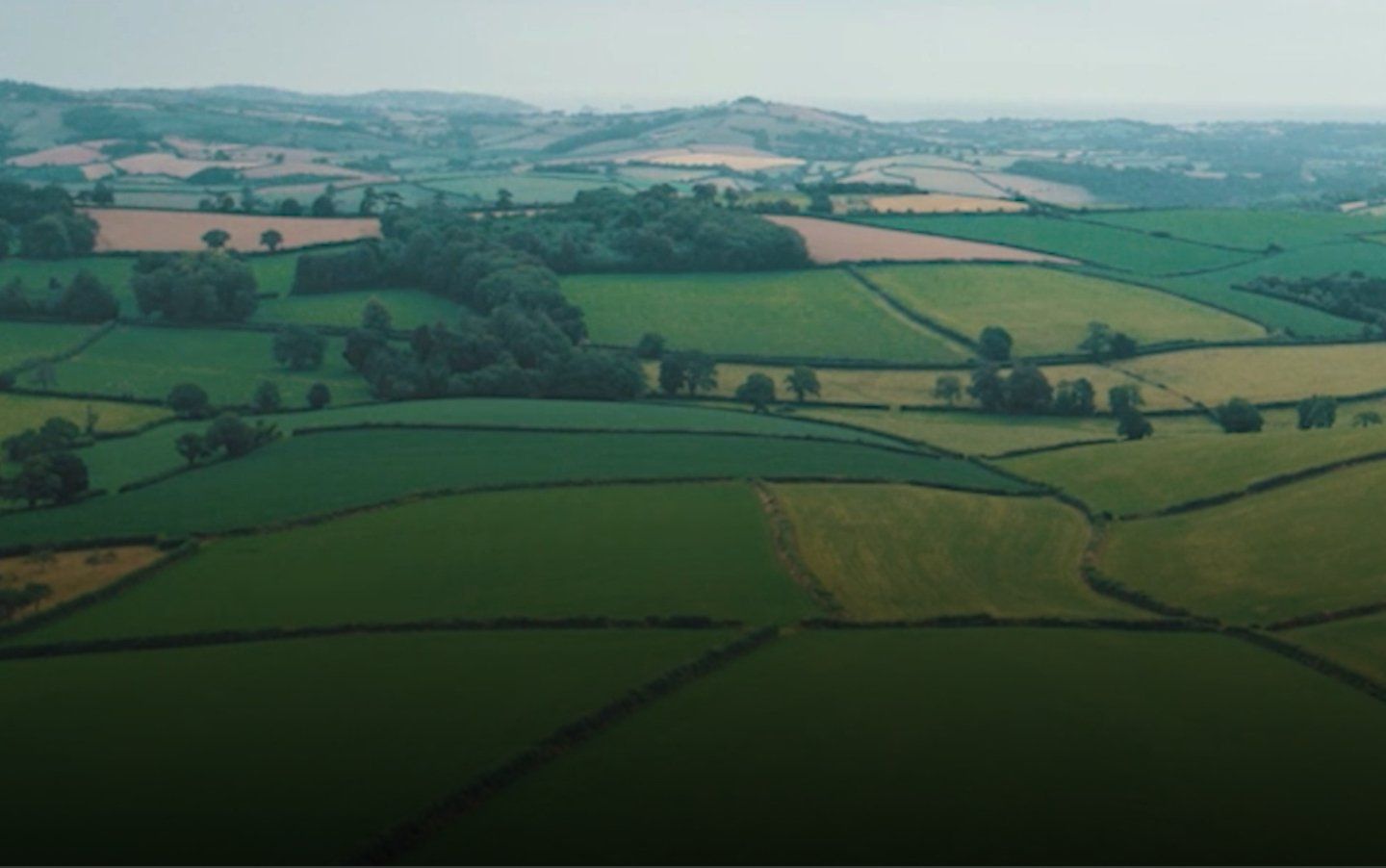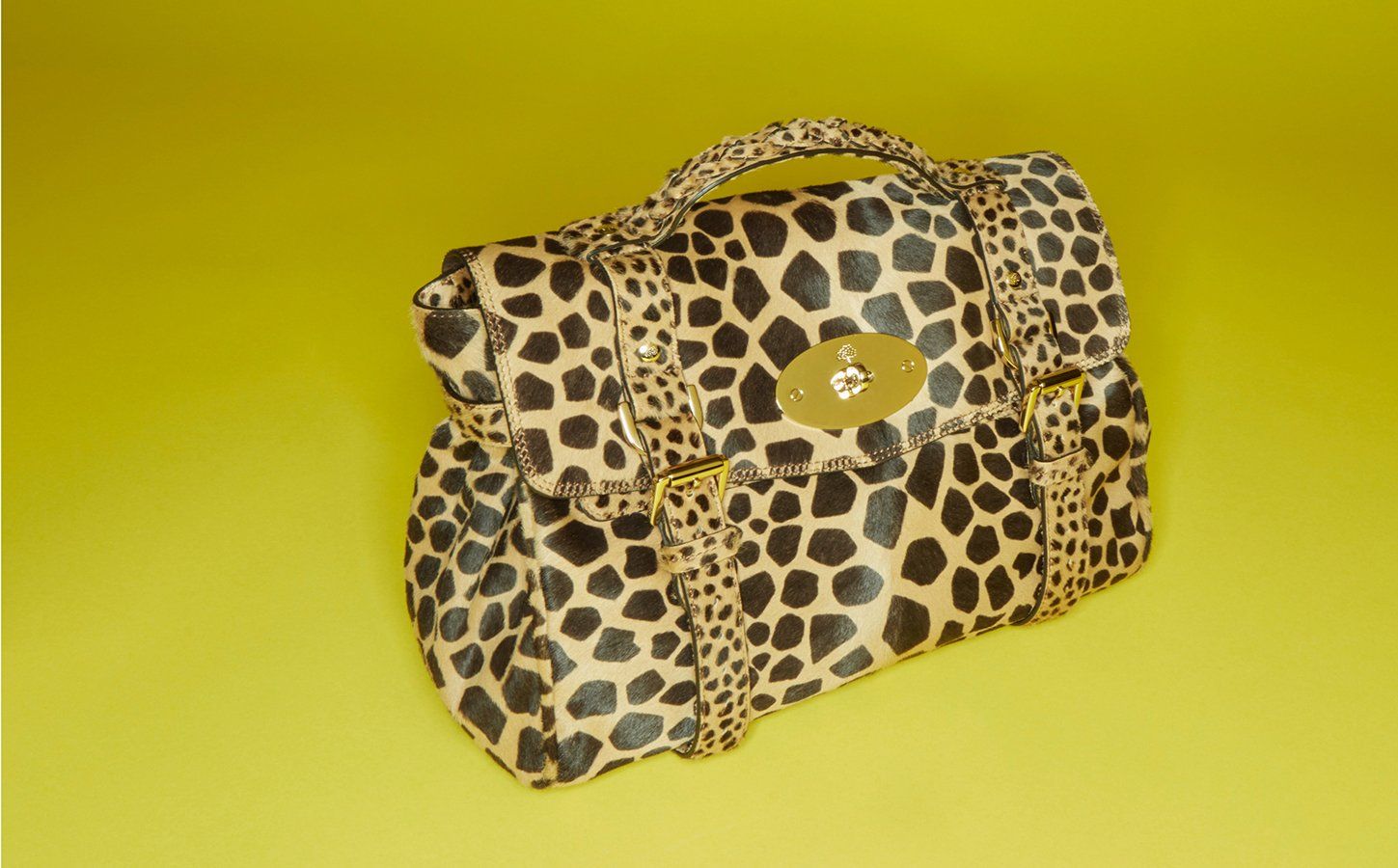Science Based Targets
In April 2024, our near-term emissions reductions targets were validated by the Science Based Targets initiative (SBTi), underpinning our continued commitment to building a business that places sustainability at the heart of luxury. This validation by the SBTi confirms that our targets are in line with the latest climate science and a 1.5°C reduction pathway.
Our validated science-based targets are:
- Mulberry commits to reduce absolute scope 1, 2, and 3 GHG emissions 37.8% by FY2028 from a FY2019 base year.
- FLAG: Mulberry commits to reduce absolute scope 3 FLAG GHG emissions 33.3% by FY2030 from a FY2019 base year. *
- Mulberry Group plc also commits to no deforestation across its primary deforestation-linked commodities, with a target date of December 31, 2025.
In recognition of the significant role leather plays in Mulberry's product offering and our commitment to supporting regenerative agricultural practices, we also set a specific Scope 3 target using the SBTi’s Forest, Land and Agriculture (FLAG) Sector Guidance.
We worked with the Carbon Trust, a global climate consultancy, to define our science-based targets and calculate our annual carbon footprint.
This SBTi validation builds on our progress towards our Made to Last Manifesto, which was a commitment made in 2021 to transform our business to a regenerative and circular model, with a view to achieving Net Zero GHG emissions by 2035.
*The target includes FLAG emissions and removals.
Our Carbon Footprint
Following the announcement of our near-term science-based targets, we are prioritising improving the accuracy of our carbon data collection internally, and investing in a carbon data management system to support tracking, reductions modelling, and to identify key decarbonisation opportunities across our entire business. Our baseline FY19/20 carbon footprint is published in our 2021/22 Sustainability Report.
All emissions associated with our UK operations and purchased leather are balanced through verified carbon credits from our environmental charity partner, World Land Trust, and so far we have removed 4740.64 tonnes of CO2e from the atmosphere in partnership with their “Carbon Balanced” programme, supporting the REDD+ Project for Caribbean Guatemala. But this alone is not a long-term solution: we are also developing initiatives that drive down our greenhouse gas footprint – initiatives that include building a supply chain founded on regenerative agriculture and investing in renewable energy.
Since 2019, we have offset all carbon emissions from our UK factories, The Rookery in Chilcompton and The Willows in Bridgwater, Somerset. In the past year, we have already achieved a 9.5% reduction in UK greenhouse gas emissions across scope 1 & 2 and will further this reduction through a newly installed 360KW solar photovoltaic array at The Willows, producing around 60% of the electricity needed to power the site each year.
These commitments demand a reimagining of how the business operates, and in 2022 we launched a partnership with Ecologi to support employee engagement in our Net Zero journey. Through Ecologi’s funding of leading climate crisis solutions and tree planting around the world we have planted 1350 trees for each new Mulberry starter and to mark employee celebrations, as well as offset the carbon impact from all flights taken across the business, avoiding 568 tonnes of carbon emissions.
Lexicon
- Scope 1 and 2 emissions – emissions from our owned or directly operated facilities. (e.g. heating, cooling, and lighting in our factories, offices, and stores.).
- Scope 3 emissions – emissions indirectly related to our activities (e.g. the emissions associated with tanning the leather used in our products).
- Offsetting – investing in carbon storage solutions (e.g. through land restoration or the planting of trees), which are used to compensate for emissions that occur in our business.
- Insetting - investing in climate change mitigation strategies within our own supply chain, such as regenerative agriculture and renewable energy production.
Supply Chain Partners
Alongside our two Mulberry-owned UK factories, where we make around 50% of our bags, we source finished goods from a select group of longstanding partners in the UK, Italy, Turkey, China, and Vietnam. Our raw materials are sourced more widely, where we work with countries who have established skills and heritage within the leather and fashion industries, that can support our high-quality standards and progressive new product development programmes.
At Mulberry we believe that transparency from 'farm to finished product’ is foundational to creating a regenerative business model. Acting on that belief, we are publishing a list of our tier 1 and tier 2 suppliers across the following product categories: Leather Goods, Soft Accessories, and Sunglasses.
This list is available by clicking the button below.
2023 Supplier ListWaste
Our manufacturing techniques involve careful pattern placement to ensure minimal leather offcuts are produced for every bag we craft. We work with Scrap Stores to supply waste materials to local schools, universities and craft groups – enabling our local communities to make something beautiful with high-quality materials that might otherwise go to waste.
Our Somerset factories also work with Zero Waste to Landfill providers, recovering energy from waste which cannot be reused or recycled. This means that any non-recyclable waste which would traditionally go to landfill is instead processed at an Energy Recovery Facility, which creates electricity for the National Grid.
Mulberry have a zero tolerance approach to the destruction of goods, and instead we utilise markdown sales, our outlet stores and staff sales as a solution to excess or damaged stock. First and foremost, we are passionate about extending the life of every Mulberry product through repair, renewal, and repurposing. This commitment is at the heart of our circular proposition, influencing the way we design and manufacture, and the services we offer our customers.
We are continuously assessing and reducing the environmental impact of packaging throughout our supply chain and operations, from in-store carrier bags to supplier deliveries. Our signature Mulberry Green packaging uses innovative CupCycling technology that transforms disposable coffee cups into waste, and then into beautiful paper and carrier bags. In one year of using this process, our partners at the James Cropper paper mill repurposed over 4.05million coffee cups for Mulberry Green paper that would otherwise have been sent to landfill.



